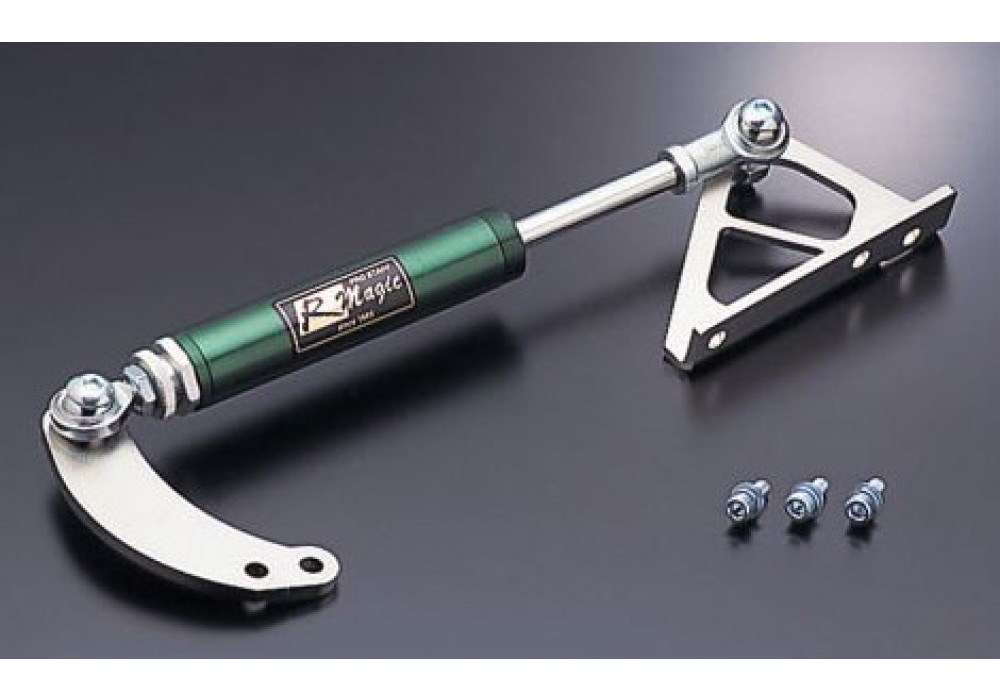

Figuratively, princess Lemke was already on her shiny horse, riding in the direction of Luxembourg, where the Ministers’ meeting took place. The drama evolved only a few days before yesterday’s Council decision. In fairy tale speak, Lemke had taken on the role of the brave princess that would lead her kingdom into a bright new future. Now, it seemed, Germany’s 2021 elected coalition government-made up by the Social Democrats, the Greens, and the Liberals-had switched camps and was going to support pulling the EU towards a quicker decarbonization of the road transport sector. Lemke’s statement caused quite a stir because in previous years, Germany typically had pushed back on progressive regulation around vehicle CO 2 emissions.

This tale has its origin in March of this year, when Germany’s Environment Minister Steffi Lemke announced at a Council meeting in Brussels that Germany would support the European Commission proposal for a phase-out of new combustion engines by 2035. While what has been described so far is reality, we now come to the fairy tale part of the story.
#MAGIC ENGINE FULL FULL#
It would also send a strong signal to the rest of the world: The EU is serious about mitigating climate change and reducing its dependence on fossil fuels, not only agreeing to abstract emissions reduction targets but also implementing concrete regulations that will put us on a pathway towards full decarbonization by mid-century. Still, clear regulatory road markings are necessary to provide planning certainty for car manufacturers, suppliers, and investors. Vehicle manufacturer brand public announcements regarding electric car sales in Europe by 2035. In other words, the market has already decided on the end of new combustion engine vehicles in Europe, even before the revised regulation is in place.įigure 1. Adding up all the manufacturer announcements, including half-hearted ones such as BMW’s “more than 50% fully electric by 2035,” the anticipated share of battery and fuel cell electric passenger cars in the EU will be about 55% by 2030 and about 84% by 2035. Three quarters of all manufacturer brands operating in Europe have already, publicly and voluntarily, announced their intention to sell 100% of their new cars as fully electric by 2035 (Figure 1).


Plug-in hybrid cars account for an additional 9%. The market share of battery electric passenger cars in the EU increased from 2% in 2019 to 10% in 2021. The end of new combustion engine vehicles is a hard economic reality today, even before a binding regulation has been implemented. But it is the political spectacle witnessed in the past days that appears like it was from a fairy tale, rather than the diplomatic outcome. This is a groundbreaking decision that to some observers may seem like a fairy tale. The headline announcement is the Council backing the phase-out of new combustion engine vehicles in the EU by 2035. Late Tuesday night, the Council of the European Union, represented by the Environment Ministers of all EU member states, reached an agreement about its position on the next round of CO 2 standards for new cars and vans.


 0 kommentar(er)
0 kommentar(er)
